North America-based Bird, a micromobiity operator, announced on Wednesday, December 20, it has filed for Chapter 11 bankruptcy protection in the U.S. Bankruptcy Court for the Southern District of Florida.
The company confirmed its “entry into a financial restructuring process aimed at strengthening its balance sheet and better positioning it for long-term, sustainable growth.”
During this court-supervised process, Bird plans to conduct the sale of its assets and has established a “stalking horse” agreement with its current lenders.
This agreement sets a minimum valuation for Bird, but it is subject to potential higher and improved offers, emphasising the company’s commitment to maximising value for all stakeholders.
The anticipated timeline for completing the sale process is within the next 90-120 days.
Bird expects to complete the sale process in 90-120 days.
However, Chapter 11 bankruptcy will enable Bird to operate as usual during this process and maintain the same service.
“This announcement represents a significant milestone in Bird’s transformation, which began with the appointment of new leadership early this year,” says Bird Interim CEO Michael Washinushi.
“We are making progress toward profitability and aim to accelerate that progress by right-sizing our capital structure through this restructuring. We remain focused on our mission to make cities more livable by using micromobility to reduce car usage, traffic, and carbon emissions,” he adds.
During and after the restructuring process, Mr. Washinushi will continue as Interim CEO, supported by Board Chair John Bitove, President Stewart Lyons, and CFO Joseph Prodan. Last week, Harvey L. Tepner joined the Board of Directors as an Independent Director, and Philip Evershed resigned.
It is worth mentioning that Travis VanderZanden officially stepped down as the chairperson of Bird’s board last year. He has been replaced by John Bitove, who played a significant role in Bird’s merger with Bird Canada.
VanderZanden, who was also the founding CEO and president, left his position last year due to the decline in Bird’s stock. Later, he transferred his responsibilities to Shane Torchiana.In August this year, Michael Washinushi took over the interim CEO post replacing Shane Torchiana.
Bird: Trying to make cities more livable
Founded in 2017 by Travis VanderZanden, Bird claims to be on a mission to reduce pollution levels in cities by making alternate arrangements and making cities more livable by reducing car usage, traffic, and carbon emissions.
This US-based startup, which attained the status of ‘Unicorn,’ is expanding its services to over 300 cities worldwide, helping to decongest the air and streets with zero-emission vehicles.
It works with cities, universities, and partners across the globe to provide a sustainable transportation option.
In January 2020, the company acquired its German competitor Circ and raised a $75M (approx €68M) extension to its Series D funding round, bringing the size of the round to $350M (approx €318M).
The company became publicly traded in late 2021 through a SPAC merger. However, due to a highly competitive market, its stock consistently plummeted, causing its market cap to drop from over $2B at its listing on the New York Stock Exchange (NYSE).
In fact, Bird received a delisting warning from NYSE (New York Stock Exchange) since it was trading below $1 over a consecutive 30 trading-day period in June last year.
However, a couple of months back, Bird received a notification from the New York Stock Exchange (NYSE) stating that its Class A common stock would be delisted, and trading would be suspended.
The reason behind this decision was Bird’s inability to meet a listing requirement which mandates a continuous market capitalization of over $15M for 30 days.



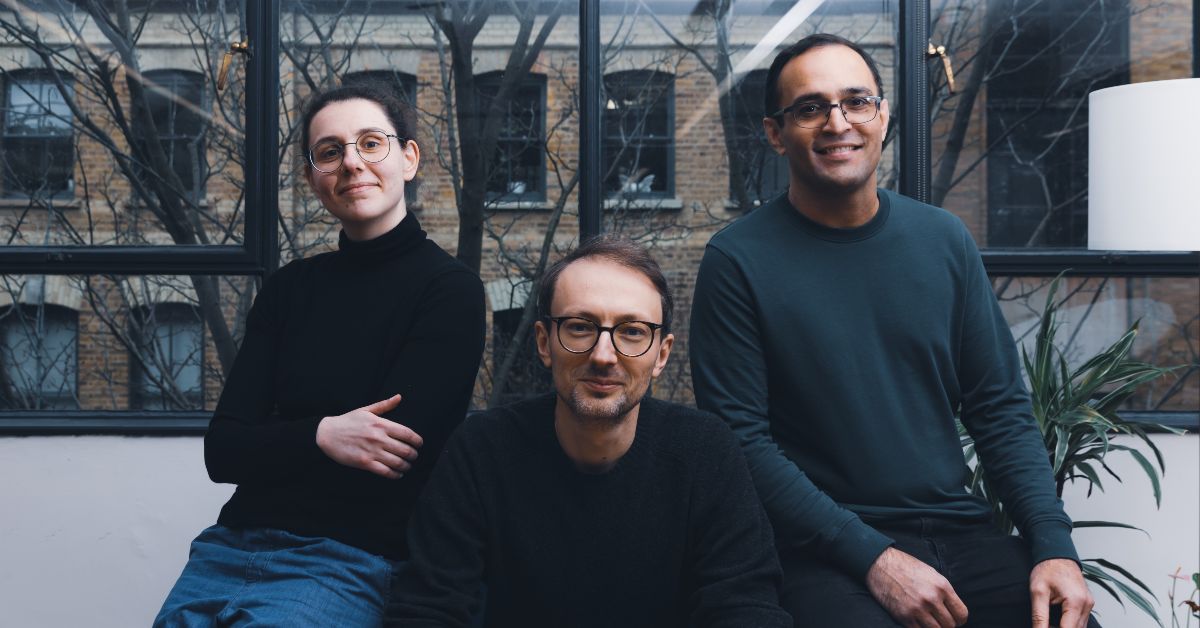
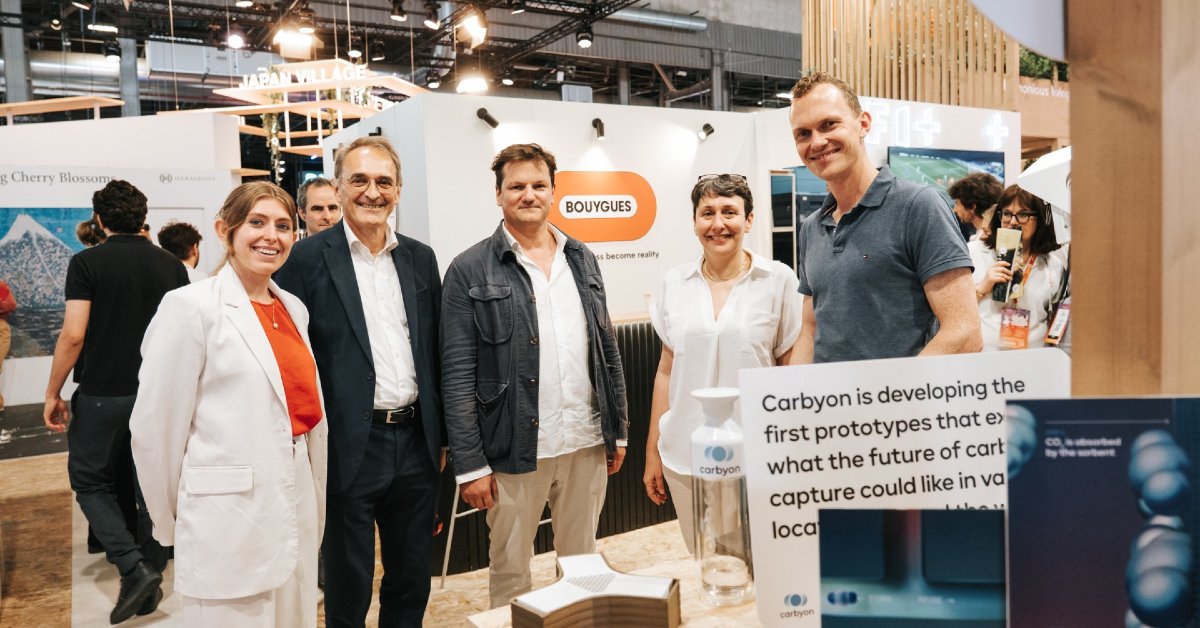
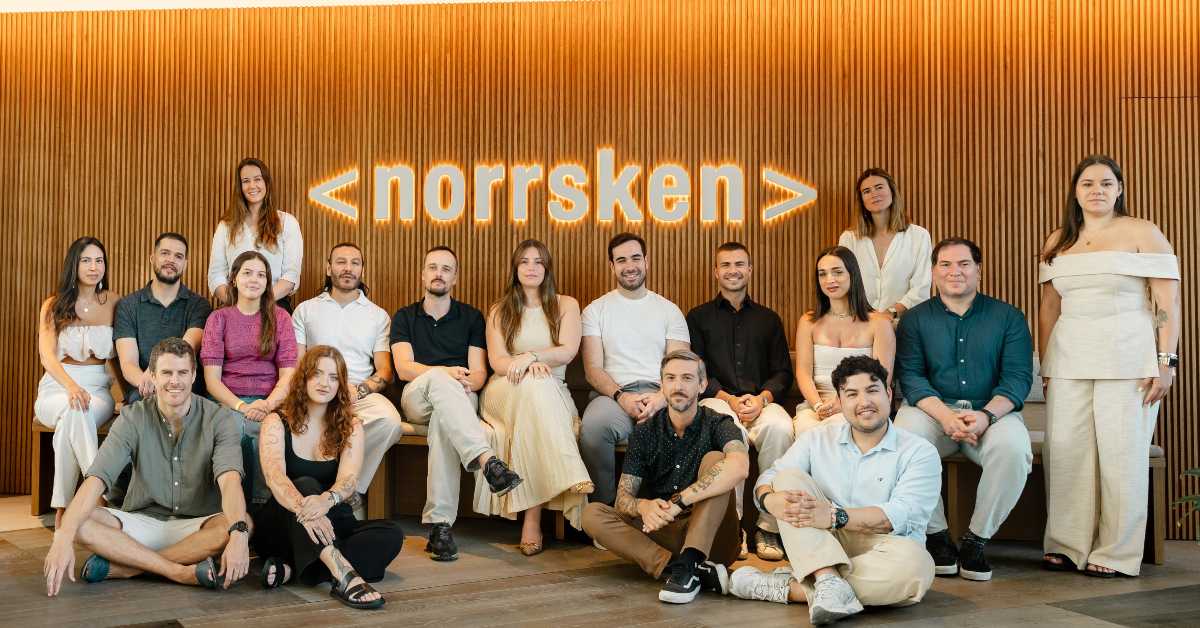
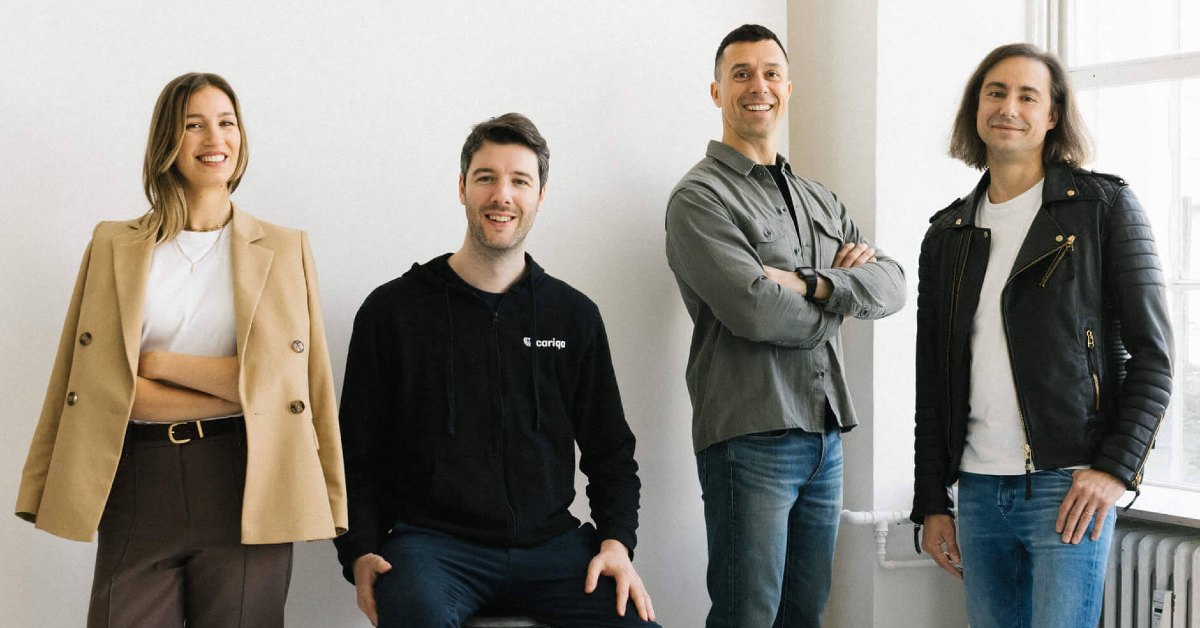
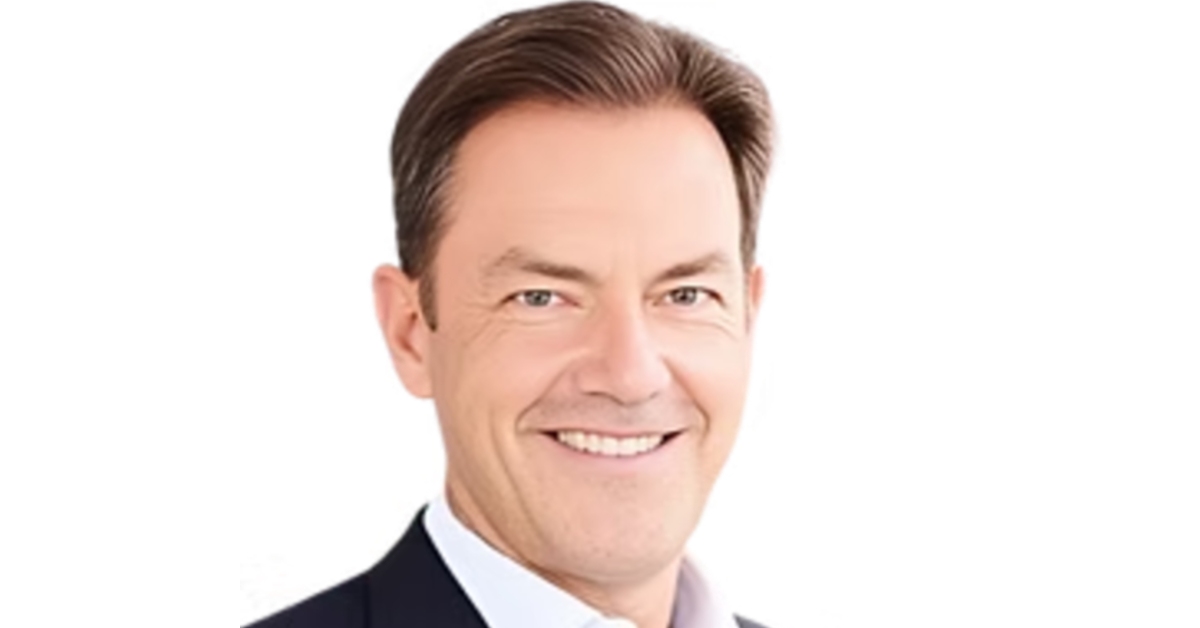


01
From telecom veteran to Dutch Startup Visa success: The Jignesh Dave story